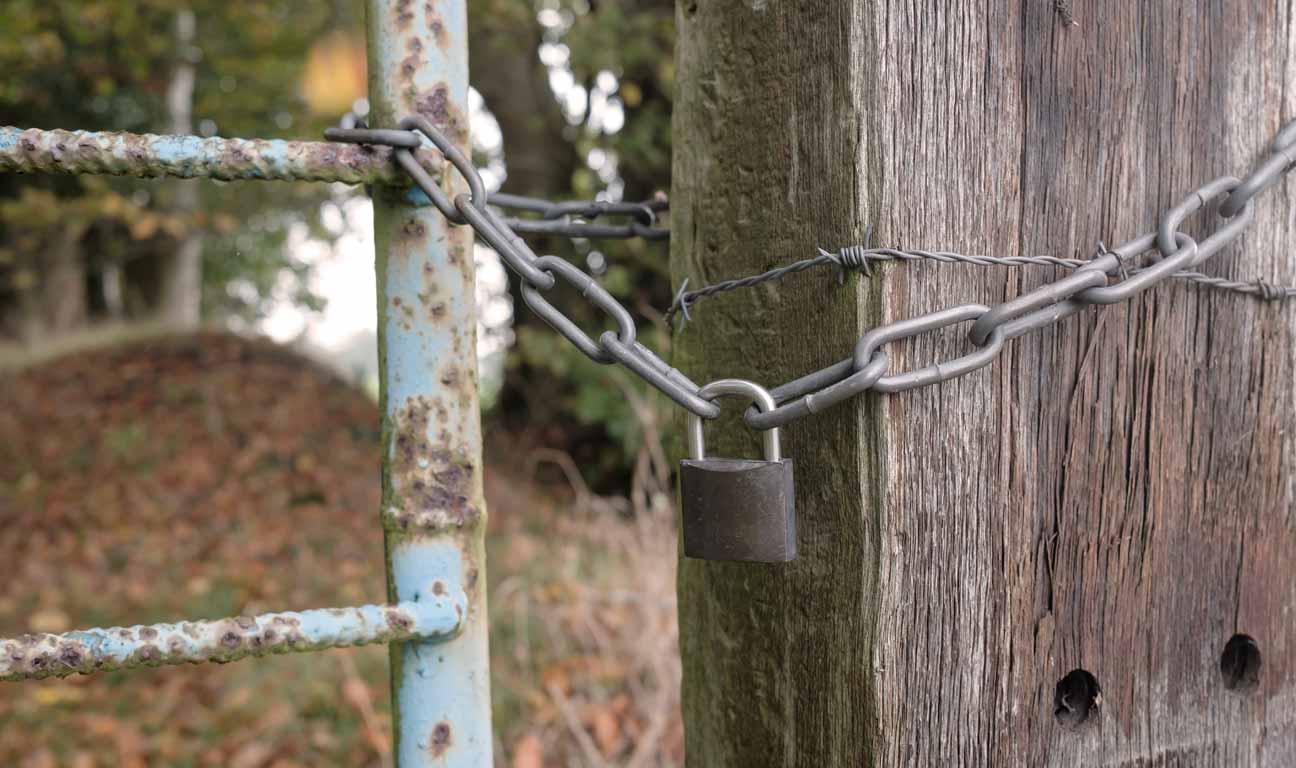CBC Radio | Out in the Open
Updated: May 8th, 2020
Maureen Henry believes the answers to her son’s death may be found in his social media and email accounts.
“I’m not interested in what kind of life he was living, or who he was interacting with. All I want to know is exactly what happened to Dovi Henry, so that I can have some peace,” the Ottawa mother told Out in the Open host Piya Chattopadhyay.
Dovi Henry, 23, was attending the University of Toronto in 2014. He vanished that spring. His body was found two months later at a marina near Ontario Place. But it wasn’t until two years later that Maureen Henry tracked down the body, which had been in a morgue, after an online search for “unclaimed black remains.” Toronto police said an investigation into Dovi’s death found no evidence of foul play. The coroner’s office advised that the results of an autopsy were “inconclusive.” Henry says that privately, police told her they believed it was a suicide. While she had finally found her son, answers about his death — and closure — were still out of reach.
With the investigation closed, Henry looked to Dovi’s digital footprint for potential clues.
The legal road map for retrieving a deceased loved one’s accounts remains murky and it’s complicated further when that data may be held by a company based in another country. It sounds technical, but it matters legally, because you can only get a court order compelling a person or corporation to produce data that’s within [the court’s] possession or control. It could become even more complex if that data is held in a third location, subject to yet another set of laws.
Gerald Chan, Toronto-Based Lawyer





